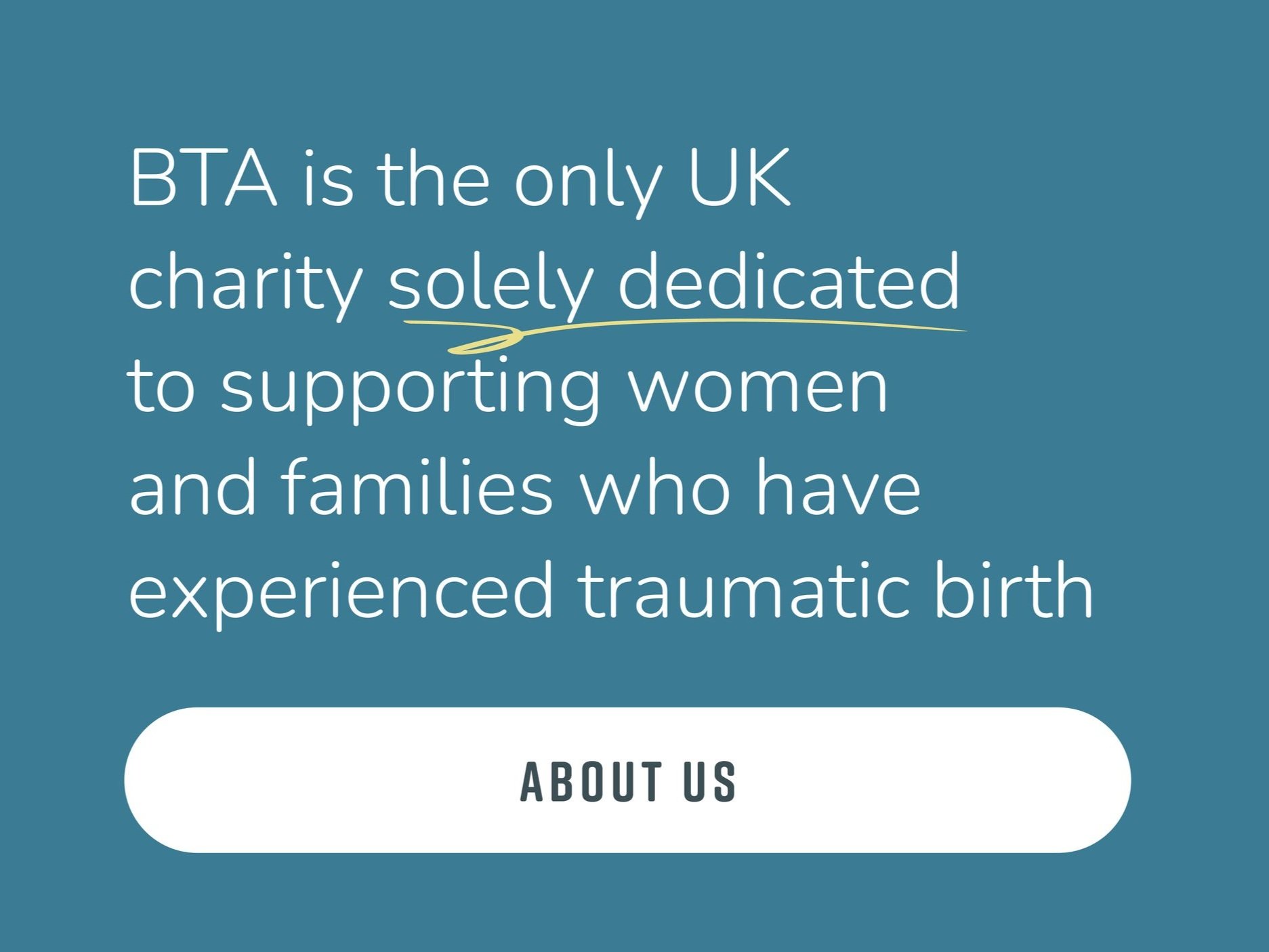I wasn’t happy with the care I received. How do I make a complaint?
If you feel that you were not well looked after in birth, or avoidable mistakes were made, you may want to make a complaint to the hospital. Abbie Roberts, a senior associate at Hodge Jones & Allen, one of our trusted Legal Partners, explains how to go about it
Most of us hope that the birth of a child is going to be a wonderful experience and a moment to treasure. So if the experience is much more traumatic than expected, or you or your baby experience an injury, it can be devastating.
How do I make an informal complaint?
If you have questions about what happened, you might want to raise your concerns with the doctors or midwives involved in your birth. You can either do this by contacting them directly, or, if you are in England, by going through the hospital’s Patient Advice and Liaison Service (PALS), and asking them to investigate your concerns informally. You can find the PALS contact details on the hospital trust website.
(These links explain how the process works in the rest of the UK: Wales, Scotland, Northern Ireland.)
How do I make a formal complaint?
If you feel that your concerns have not been resolved, you can make a formal complaint to the hospital, either by emailing or phoning the complaints team or by writing directly to the chief executive. You can find the details on the hospital trust website, in hospital waiting rooms, or at the hospital reception. You can also ask a member of staff. Hospitals will have a complaints policy which ensures that:
• Your complaint is properly investigated
• You receive an appropriate response
• All medical staff must be open and honest with you when something has gone wrong
The NHS is legally bound by a duty of candour. This is a statutory duty to be open and honest with patients, or their families, when an incident occurs which appears to have caused significant harm, or has the potential to result in significant harm in the future. Therefore, there may already have an internal investigation, depending on the circumstances giving rise to the complaint. If that is the case, the hospital will make you aware of this and involve you in the process.
Who can make a complaint?
You can make the complaint yourself, or ask someone to complain on your behalf. You will need to provide your consent in writing, and let the hospital know that they can liaise with your nominated person. (A simple statement is fine, for example: "I, [insert name] confirm that I consent to [insert name] liaising with the hospital regarding my complaint.”)
You can make the complaint orally (for example, on the phone), and someone in the complaints department will make a note of your concerns. However, the best approach is to provide your own written complaint. That way, it is your account in your own words, and it will create a paper trail which could be helpful later.
When should I make the complaint?
It’s a good idea to make the complaint as soon as you can. When the hospital investigates your complaint, it will need to take statements from the clinicians involved, and the sooner this happens, the better their recall is likely to be – and the less likely that they will have left the trust and be unavailable for comment. In England, there is a time limit for making a complaint of 12 months after the event, or the date you first became aware that there was a problem. (Some hospital trusts are prepared to extend the deadline, but not all.) If the hospital has taken a long time to reply to an informal complaint, and you then wish to make a formal complaint, usually a hospital trust will allow you to make that complaint outside the original timeframe, provided you do so within a reasonable time, such as six months.
How do I make the complaint?
You can make the complaint either in writing (through email or letter) or orally (on the phone). It is generally better to make a written complaint so that you have a record of your concerns, and the trust has a paper trail.
What do I say in my complaint?
It’s a good idea to make your complaint as full as possible, with dates and times and a precise record of what happened. Ideally, you’ll want to include the following:
• Background details of what has happened
• Who/what you are complaining about
• When it happened
• Where the events happened (e.g. was it in hospital, in the ambulance?)
• What you would like the trust to do about it e.g. obtain a second opinion
• Whether you would like an independent clinical review – but hospitals are not legally obliged to provide this in all circumstances
• Whether you need a copy of the investigation: we recommend that you ask for and obtain copies of any reviews undertaken at the hospital. This includes reviews already undertaken before the complaint was made
Feel free to add your own questions if there are specific issues you want addressed.
What happens next?
The hospital should acknowledge your complaint in writing within three working days. This should explain the nature of the investigation they intend to carry out, and set out a timeframe for responding to you. If they later find that they are not going to meet their deadline, they should let you know. Always feel free to contact them directly for an update on progress.
The trust’s investigation will usually include a discussion with the midwives and doctors who treated you, so that they can explain their role and decision making. They may also ask for written statements from the midwives and doctors.
Once the trust has completed their investigation, they will provide you with a formal written response addressing your concerns and, where appropriate, an apology.
What if I am not happy with the response I received?
If you are not satisfied with the final response you receive from the hospital you have the right to request an independent review of your complaint by the Parliamentary and Health Service Ombudsman.
If you feel that you might have received negligent care that has caused you or your baby an avoidable injury, then it’s worth speaking to a solicitor, who will conduct a further investigation. Legally, you must launch the legal claim within three years of the date of the injury, or three years from the date that you should reasonably have known that the treatment has caused you injury. (The exception is if the injury is to your baby, in which case you have until the child is 21.) For more information on taking legal action, see: I had a traumatic birth – can I make a claim against my healthcare provider?
Hospitals do take complaints seriously. Sometimes complaints may lead to policy change and even an admission that there have been failings in the care provided. It may be that the complaints process helps you understand and come to terms with what has happened.
If you’d like more legal advice or information, please see Our Trusted Legal Partners.







